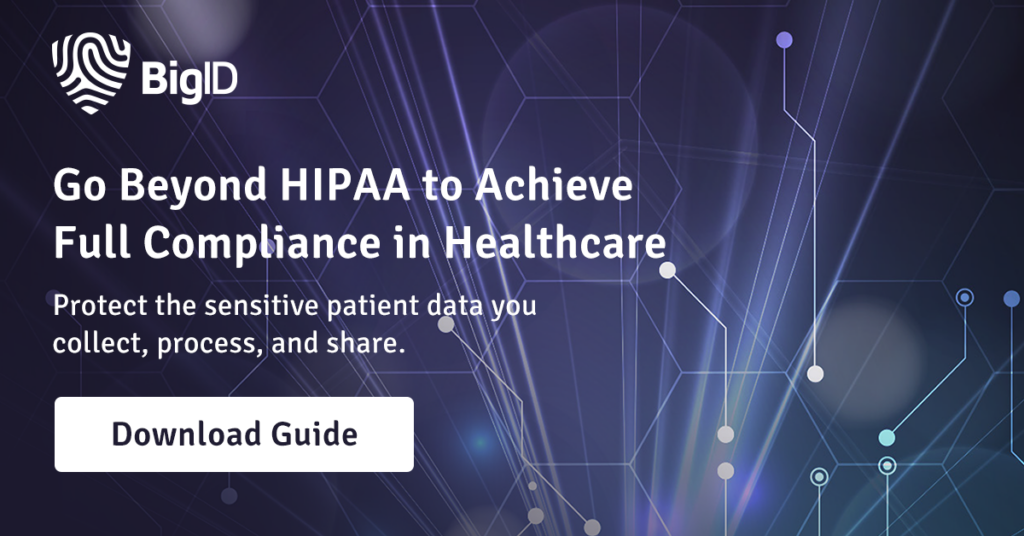The Health Insurance Portability and Accountability Act (HIPAA) has long been the cornerstone of healthcare data privacy and security. But in 2026, HIPAA isn’t standing still. With the Office for Civil Rights (OCR) poised to finalize long-anticipated updates, privacy, security, and compliance leaders must prepare for change not only in policy but also in how compliance is operationalized across their organizations.
What’s Changing with HIPAA?
According to the latest updates from the HIPAA Journal, the Department of Health and Human Services (HHS) is finalizing modifications to the HIPAA Privacy Rule. These changes are part of a broader effort to enhance patient access, clarify the use and disclosure of Protected Health Information (PHI), and promote coordinated care.
Shorter Timelines for Patient Access Requests
What’s New:
The time allowed to respond to patient requests for access to their health data will be reduced from 30 days to 15 days, with a potential one-time 15-day extension.
Why It Matters:
Failure to meet these shorter timelines could lead to enforcement action and create friction in patient relationships.
How BigID Helps:
BigID automates DSAR (Data Subject Access Request) workflows, enabling faster intake, verification, and fulfillment of access, correction, and deletion requests. Built-in audit logs ensure every step is documented and compliant.
Expanded Right to Direct PHI to Third Parties
What’s New:
Patients will have more flexibility to direct their PHI to third parties, including health apps, digital platforms, and other providers.
Why It Matters:
Organizations must now securely process and track these outbound disclosures with complete transparency.
How BigID Helps:
BigID enables organizations to map data flows, track third-party sharing, and enforce purpose limitations on sensitive data, meeting these requirements with clarity and control.
Encouraging Electronic Access and APIs
What’s New:
The updates promote the use of APIs to provide direct patient access to electronic PHI (ePHI), aligning HIPAA with broader interoperability initiatives like the 21st Century Cures Act.
Why It Matters:
This shift presents a technical compliance challenge, requiring privacy and security teams to ensure that data access remains secure while facilitating open exchange.
How BigID Helps:
BigID provides visibility into where ePHI lives across the data ecosystem and helps ensure secure, policy-driven access to that data, including for APIs.
Clarifying Fee Structures for PHI Access
What’s New:
HHS will clarify permissible cost structures for providing access to PHI, especially in electronic formats, to ensure that the fee is reasonable and patients are not overcharged.
Why It Matters:
Compliance teams must review access request processes and ensure billing practices are aligned with updated guidance.
How BigID Helps:
BigID enables streamlined, efficient DSAR fulfillment, reducing operational overhead and helping ensure compliance with new cost-related restrictions.
More Vigorous Enforcement & Greater Accountability
What’s New:
OCR continues to step up enforcement, particularly in cases involving right-of-access violations and breach response failures. Investigations increasingly demand full documentation of compliance efforts.
Why It Matters:
Organizations can no longer rely on reactive processes or siloed data inventories. Proving compliance is just as important as achieving it.
How BigID Helps:
BigID provides a central platform for data discovery, privacy, security, and compliance reporting. Generate RoPAs, compliance dashboards, and automated audit trails that make HIPAA documentation fast, accurate, and regulator-ready.
Streamline HIPAA Compliance with BigID
BigID helps healthcare organizations go beyond surface-level HIPAA compliance to build a more innovative data-centric approach to PHI protection. Here’s how:
- Discover and classify PHI automatically across cloud, SaaS, and on-prem environments
- Enforce minimum necessary access with visibility into who can see what, and why
- Track and report disclosures to support accounting of access and breach response
- Perform and document risk assessments for HIPAA Security Rule compliance
- Manage consent and fulfill patient rights requests with audit-ready workflows
- Identify and minimize over-retained or unnecessary PHI to reduce exposure
BigID provides privacy, security, AI, and compliance leaders with the platform they need to transition from manual to modern operations and align with the future of HIPAA. Schedule a Demo with BigID!


